Traveling has metamorphosed from a basic means of transport to a dynamic lifestyle choice, allowing adventurers to explore diverse terrains with unparalleled comfort and ease. One pivotal player in this domain is the self-contained travel trailer. This article delves into what self-contained travel trailers are, their features, advantages, types, and comparisons with traditional camping methods, ultimately guiding you towards making an informed decision for your next adventure.
Table of Contents
- Definition of Self-Contained Travel Trailers
- Key Features of Self-Contained Travel Trailers
- Advantages of Choosing a Self-Contained Travel Trailer
- Types of Self-Contained Travel Trailers
- Self-Contained vs. Non-Self-Contained Options
- Essential Considerations Before Purchasing
- Frequently Asked Questions
- Conclusion
Definition of Self-Contained Travel Trailers
Self-contained travel trailers are towable recreational vehicles, equipped with necessary amenities and appliances allowing complete autonomy while camping or traveling. Unlike standard trailers that rely on external facilities for water, waste, and power supply, self-contained models house integrated systems including:
- Fresh water tanks
- Waste tanks
- Electricity systems
- Kitchen and bathroom facilities
This autonomy dramatically enhances the traveling experience, making it seamless for users to venture into remote locations without sacrificing comfort.
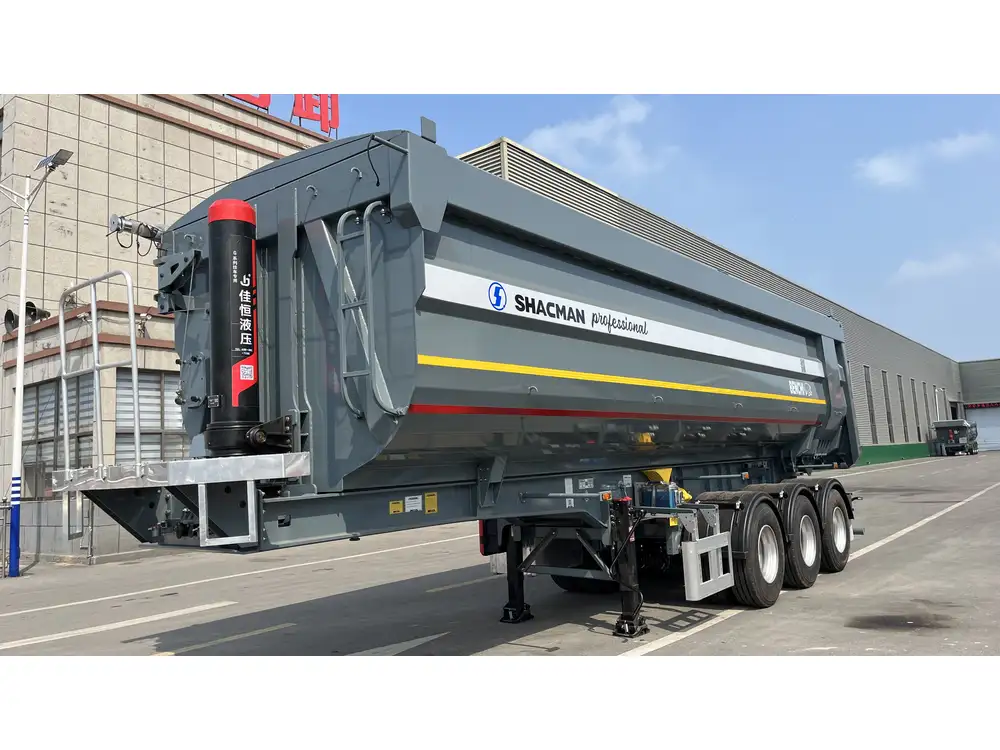
Key Features of Self-Contained Travel Trailers
A self-contained travel trailer encapsulates several essential features that differentiate it from traditional camping options:
1. Complete Living Facilities
These trailers typically come equipped with a kitchen area, bathroom, sleeping quarters, and living space. The full kitchen includes a fridge, stove, sink, and sometimes an oven, while bathrooms feature showers and toilets.
2. Water and Waste Management Systems
The integration of fresh water tanks and gray/black water holding tanks enables users to manage water supply and waste disposal independently. This is particularly beneficial for longer trips or in areas lacking sanitation facilities.

3. Energy Solutions
Self-contained travel trailers often feature solar panels, generators, or battery systems to power appliances, enhancing eco-friendliness and self-sufficiency.
4. Durable Construction
Built to withstand various weather conditions and rugged terrains, these trailers usually incorporate materials like aluminum, fiberglass, or reinforced steel.
5. Enhanced Comfort Features
Numerous self-contained models come with heating, air conditioning, entertainment systems, and customizable layouts to suit user preferences.
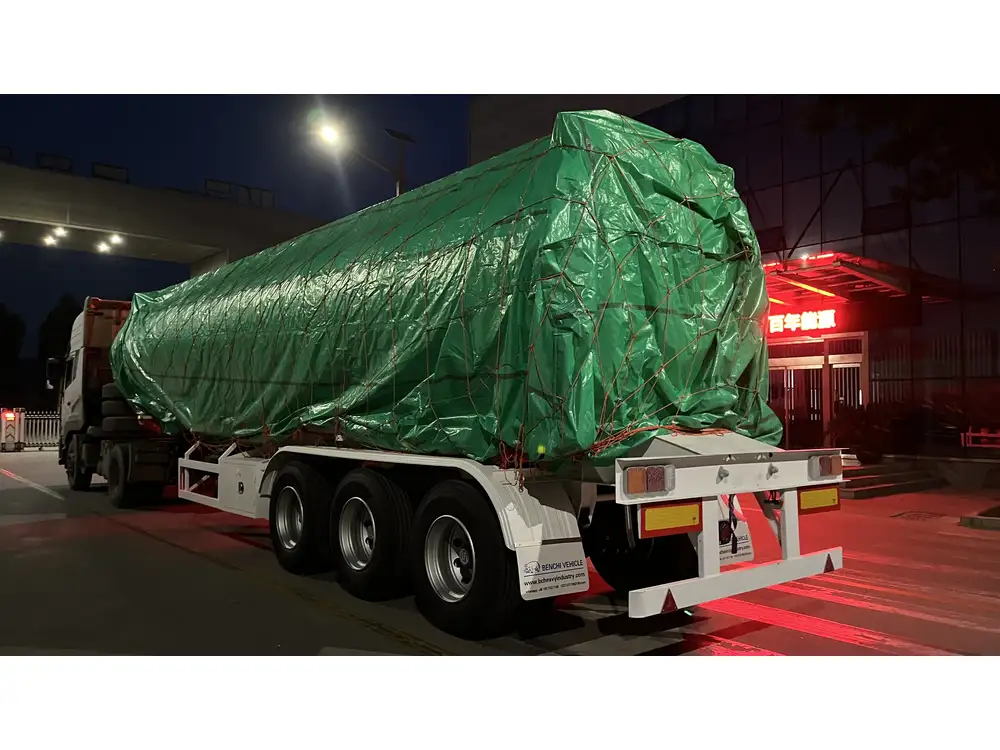
Advantages of Choosing a Self-Contained Travel Trailer
1. Independence and Autonomy
Travelers have the freedom to camp in remote areas without depending on external services. This level of autonomy is ideal for those seeking adventure in nature.
2. Cost-Effectiveness
While the initial investment might be higher than conventional RVs or tents, self-contained travel trailers can ultimately save money by eliminating the need for hotel bookings and extra costs associated with dining out.

3. Flexibility
Self-contained trailers offer the flexibility to travel at one’s own pace, exploring various destinations without the need to adhere to hotel check-in/check-out timings or reservations.
4. Convenience and Comfort
Incorporating all necessary amenities allows users to enjoy modern conveniences while immersing themselves in nature. It becomes possible to have a comfortable space regardless of the location.
5. Enhanced Safety
Traveling with a self-contained trailer can enhance safety, as having your private facility minimizes interactions with strangers and reduces the risk of exposure to uncertainties often associated with public camping facilities.

Types of Self-Contained Travel Trailers
Self-contained travel trailers come in various forms, each tailored to different needs and preferences:
1. Teardrop Trailers
Compact and easily towable, teardrop trailers are ideal for minimalists or couples, offering basic amenities yet maintaining a cozy environment.
2. Fifth-Wheel Trailers
These larger models are designed to be towed by a pickup truck with a special hitch. They generally provide more spacious interiors, making them suitable for families or groups.
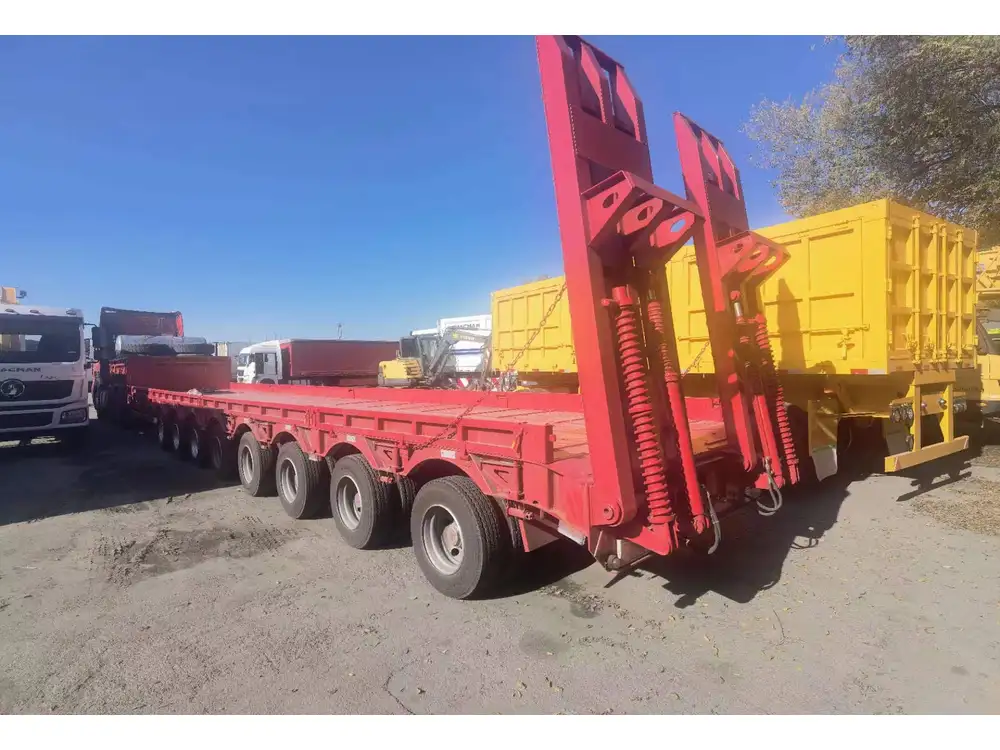
3. Conventional Travel Trailers
Standard travel trailers offer mid-range options between size and comfort, featuring ample living space and extensive customization options.
4. Toy Haulers
Designed for adventure seekers, toy haulers include a garage space for storing motorcycles, ATVs, or other recreational gear. They incorporate living quarters and versatile loading features.
5. Pop-Up Campers
Offering the functionality of a trailer with the ease of compact storage, pop-up campers are a lightweight option that expands into a larger living space once set up.
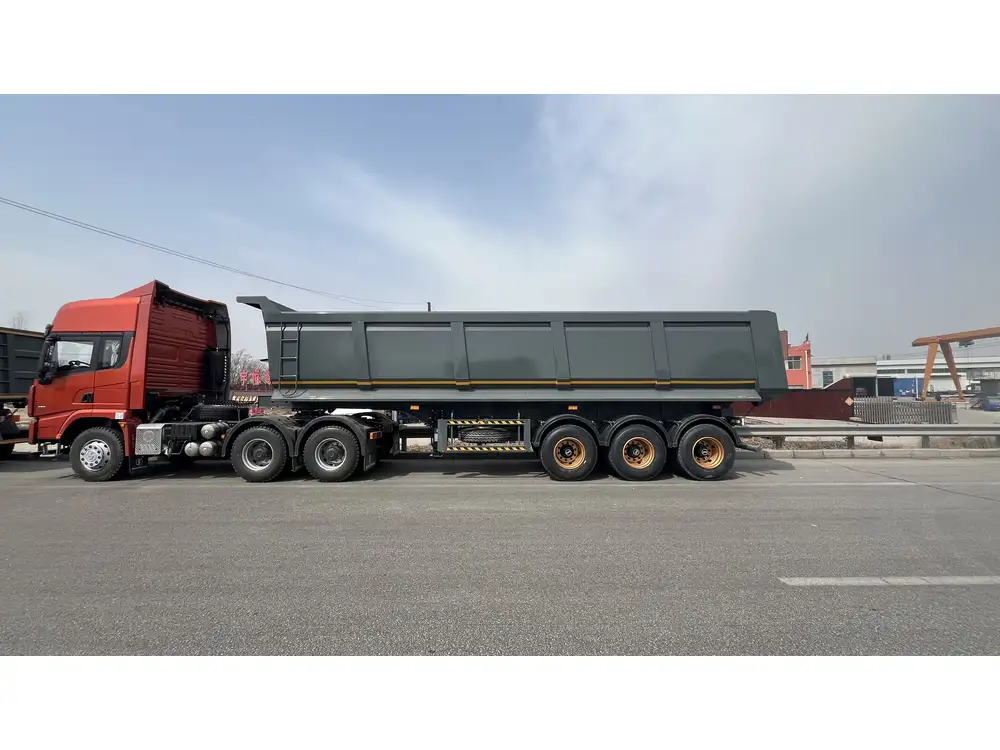
Self-Contained vs. Non-Self-Contained Options
A comparative analysis of self-contained and non-self-contained options reveals substantial differences in user experiences.
| Feature | Self-Contained Travel Trailers | Non-Self-Contained Trailers |
|---|---|---|
| Water Supply | Integrated freshwater tanks | No built-in water supply |
| Waste Management | Built-in waste tanks | Requires external dumping |
| Comfort Amenities | Kitchen, bathroom, etc. | Minimal amenities |
| Autonomy | Completely autonomous | Dependent on external facilities |
| Setup Time | Quick and easy | Time-consuming setup required |
Pros and Cons
- Self-Contained Pros: Independence, convenience, amenities.
- Self-Contained Cons: Higher upfront cost, heavier for towing.
- Non-Self-Contained Pros: Lower cost, lightweight.
- Non-Self-Contained Cons: Less comfort, more reliance on facilities.
Essential Considerations Before Purchasing
Before committing to a self-contained travel trailer, consider the following factors:
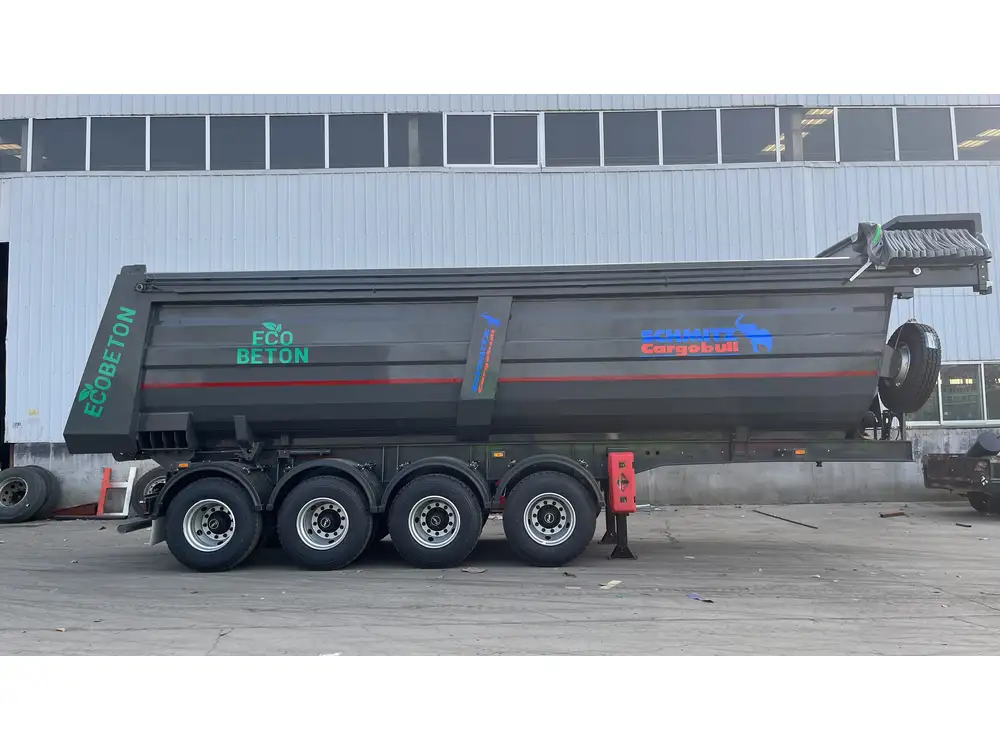
1. Budget
Base your decision on financial feasibility. Beyond the purchase price, factor in maintenance, insurance, and operational costs.
2. Towing Capacity
Ensure your vehicle can safely tow the selected trailer. Check your vehicle’s specifications and compare with the trailer’s weight.
3. Size and Layout
Assess the intended number of travelers and desired living space, including floor plans that suit your lifestyle.
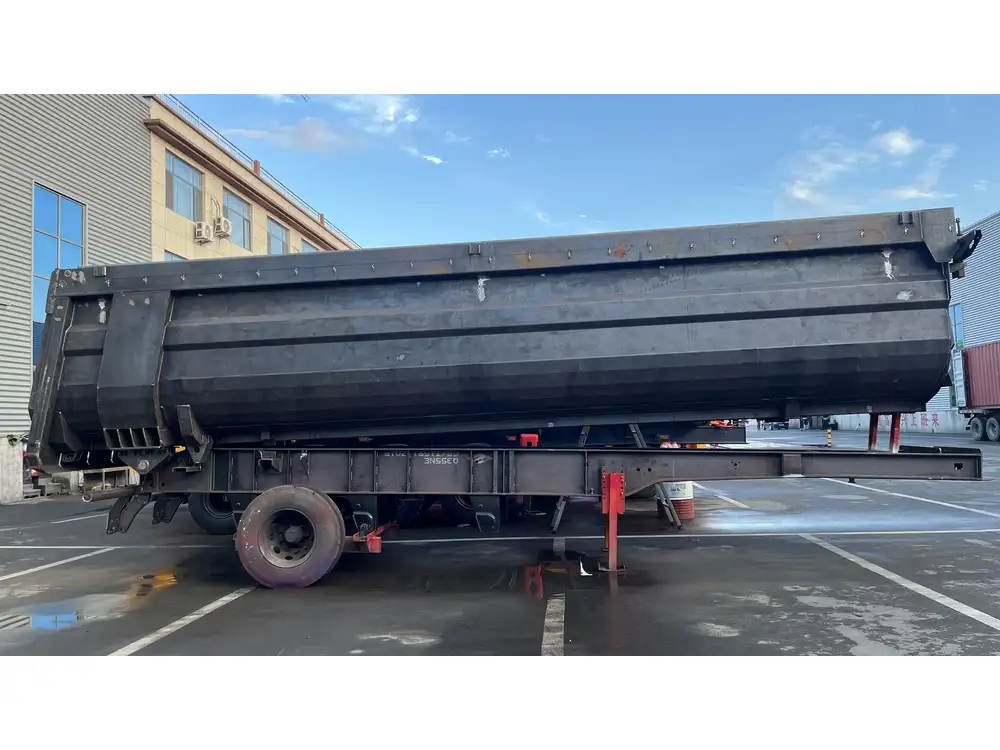
4. Weight Distribution and Handling
Look for a balanced weight distribution system to facilitate better handling, especially when navigating hilly or uneven terrain.
5. Warranty and Servicing Options
Investigate warranty terms and post-purchase servicing availability for maintenance, repairs, and replacements.
Frequently Asked Questions

1. Can I live in a self-contained travel trailer year-round?
Yes, many people successfully live in self-contained trailers full-time, especially when properly equipped for seasonal changes.
2. What are the maintenance needs of a self-contained travel trailer?
Routine maintenance includes checking tires, brakes, water systems, and electrical wiring, along with cleaning and pest prevention.
3. Do self-contained trailers require special licensing?
Typically, you do not need a special license for a standard travel trailer, but always check local regulations as they can vary by state or region.

4. How long can I stay off-grid in a self-contained travel trailer?
The duration of off-grid living depends on your trailer’s water and waste capacity, energy sources, and the amenities you want to use.
5. Are self-contained trailers suitable for all climates?
While designed for versatility, certain models may require additional weatherproofing or insulation for extreme climates.
Conclusion
Self-contained travel trailers represent an exceptional blend of freedom, comfort, and convenience that enhances any travel experience. The advantages of having independent living facilities, combined with the ability to camp virtually anywhere, make them an attractive choice for many travelers. Through a comprehensive understanding of their features, types, and comparisons with other travel methods, potential buyers can make informed decisions that align with their travel dreams. With the right self-contained trailer, the open road and newfound freedom beckon, promising adventures limited only by one’s imagination.
Explore the vast landscapes of the world on your terms with a self-contained travel trailer, and embark on your next journey equipped for exploration like never before.



